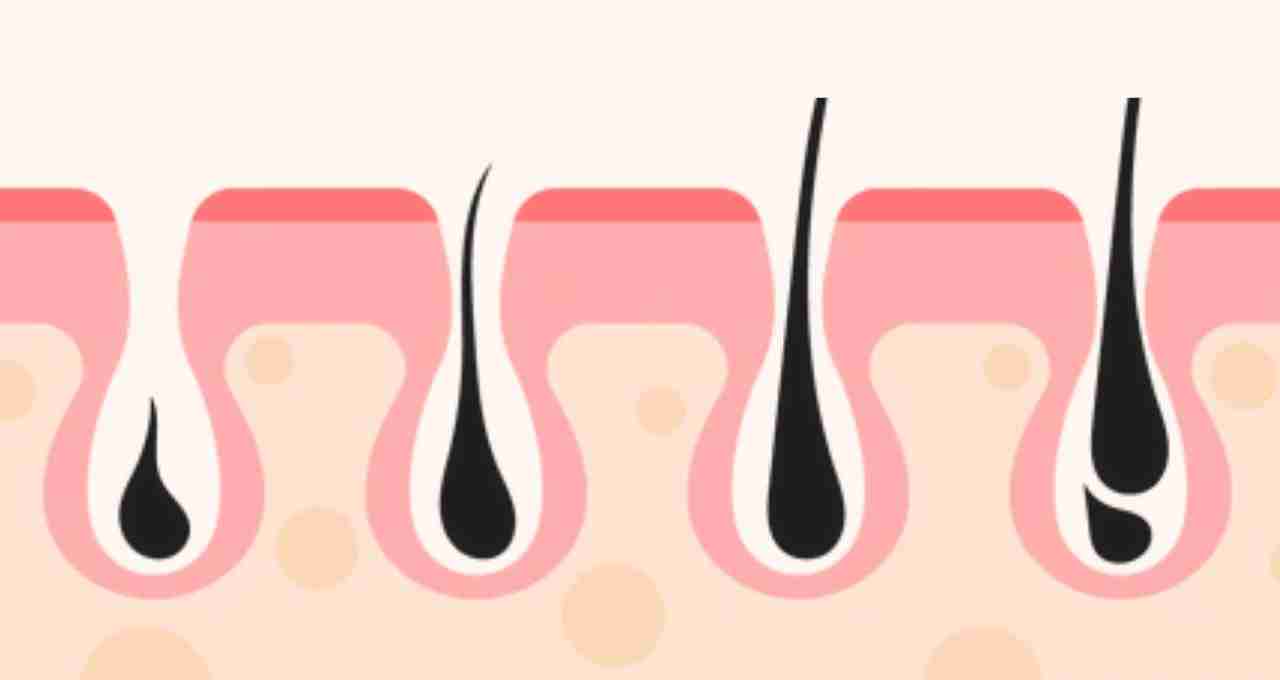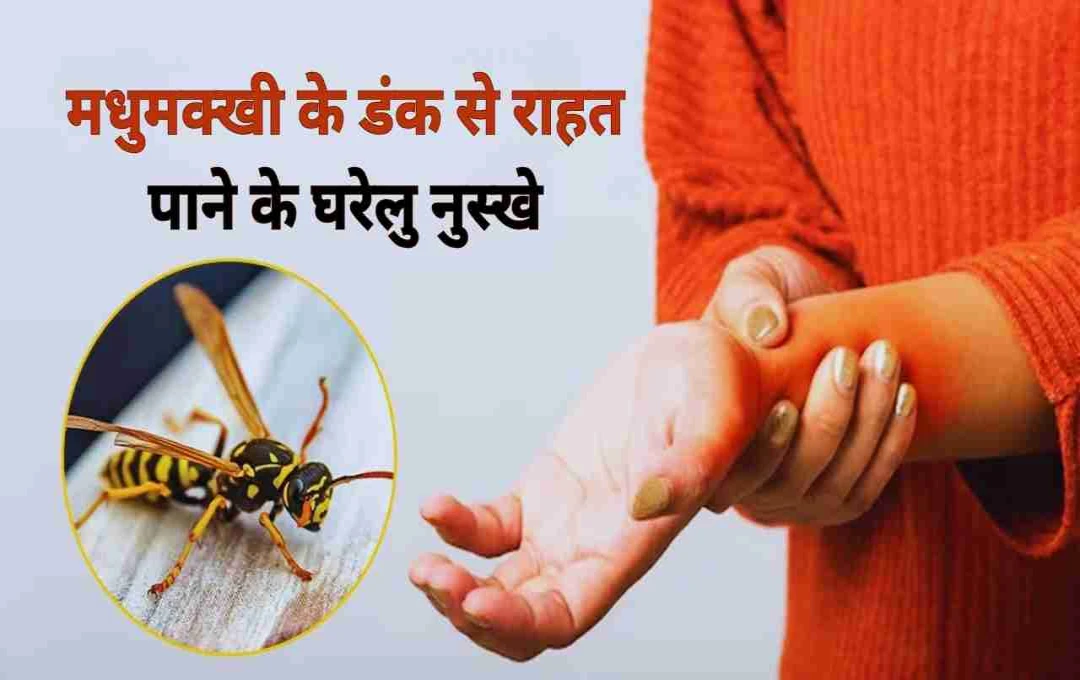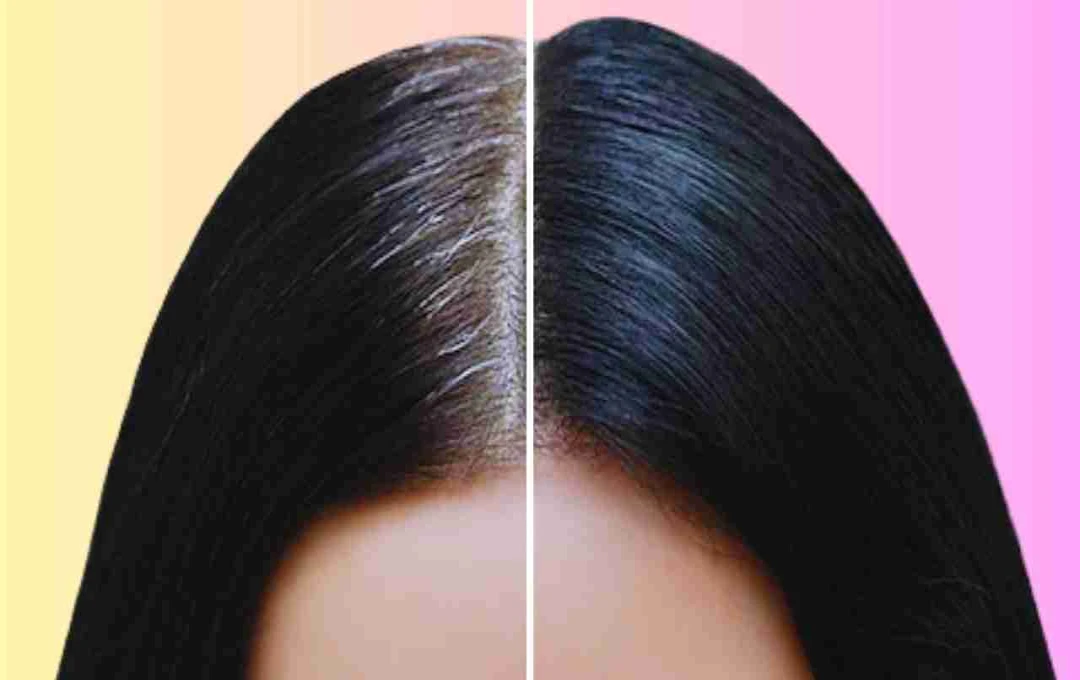While the cool showers of the monsoon bring relief to the body and mind, this season can also bring several problems for your hair. People often complain about hair fall during this time, and sometimes the problem becomes so serious that it causes worry. But did you know that the changing weather, habits, and lack of scalp care are major reasons behind hair fall during the monsoon?
Monsoon and Increasing Hair Problems
During the monsoon season, the humidity level in the air increases significantly. This humidity affects our skin and scalp. The increased moisture in the atmosphere causes fungus and bacteria to thrive on the scalp, which weakens the hair roots and leads to hair fall. Additionally, excessive sweating during this season causes the scalp to become filled with dirt and oil.
Changes in the Hair Growth Cycle

According to dermatologists, our hair has a natural growth cycle in which it grows, rests, and then falls out. During the monsoon, this cycle becomes unbalanced, and more hair enters the 'Telogen phase,' which is the resting phase. This is why sudden hair fall starts, a condition known as Telogen Effluvium. This is a normal condition, but if proper care is not taken, it can persist for a long time.
Scalp Infections and Fungal Problems
The risk of fungal infections on the scalp increases manifold during the monsoon season. Moisture, sweat, and wet hair damage the scalp's healthy microbiome. This weakens the hair roots and leads to breakage. Itching, redness, or odor on the scalp can be indicative of this. In such a situation, cleanliness and proper hygiene of the head are very important.
Dietary Imbalances and Nutritional Deficiencies
Our diet often changes during the monsoon. Eating hot pakoras, tea, and fried foods from outside can lead to a deficiency of nutrients in the body. Especially, a lack of protein, iron, vitamin D, and vitamin B12 severely affects hair health. Hair is a living tissue that needs nourishment from within. When the body does not get proper nutrition, the first effect is seen on the hair.
Stress and Lack of Sleep are Also Major Factors
Many people become victims of irritability, lack of sleep, and mood swings due to the weather during the monsoon. This mental state also affects hair health. Mental stress increases the level of hormones like cortisol, which inhibits hair growth and leads to hair fall.
Adopt These Easy Tips for Prevention

- Cleanse the scalp regularly: Wash your hair at least twice a week with a mild shampoo to prevent the accumulation of sweat, oil, and dirt.
- Do not comb wet hair: Wet hair is the weakest; detangle it gently with your hands after drying.
- Use natural oils: Gently massage the scalp with coconut oil, argan oil, or almond oil.
- Eat a protein-rich diet: Include pulses, eggs, cheese, green vegetables, and dry fruits in your diet.
- Get tested: If hair fall is persistent, get tested for iron, thyroid, vitamin D, and B12 levels.
What Not to Do in Monsoon
- Do not keep hair wet for extended periods.
- Avoid using hair products with harsh chemicals.
- Avoid using hair dryers and straighteners, as they can damage the hair.
- Do not blindly trust home remedies, as every skin type is different.
Hair fall is a normal process during the monsoon, but if it continues for a long time, do not ignore it. With correct information, a balanced diet, and scalp cleansing, this problem can be prevented to a great extent. Instead of being afraid, take expert advice and take care of your hair regularly. Because when hair is healthy, confidence is automatically reflected.















